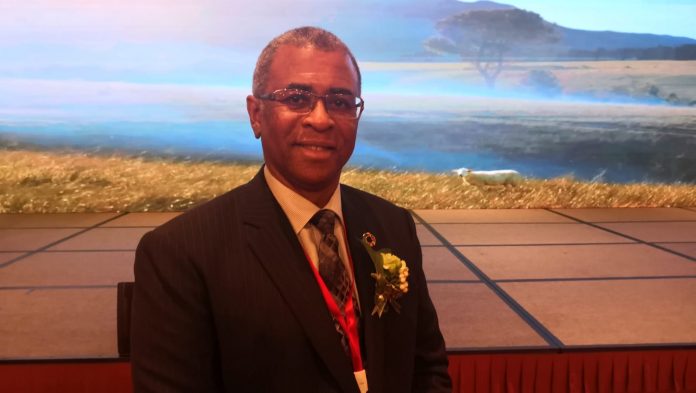The United Stations Assistant Secretary-general for Economic Development and Chief Economist, Elliott Harris, told MNA today that the Macau Government should set a “clear and logical policy” framework for the transition from fossil fuel-based energy sources to renewable energy.
“If one says we know that we have to be getting our power from renewable, clean sources, then the policy should be defined with that in mind. If you have the right policies in place, I think the investments will start to flow, or accelerate,” Harris told MNA.
Studies have indicated that the gaming industry is responsible for more than 62 per cent of all annual carbon emissions produced in Macau.
Meanwhile, Macau is considered to be very exposed to climate change-related sea-level rise and with a recent report indicating several of its areas could be flooded by 2050 due to climate change-related sea-level rises
The UN representative noted that the government does not necessarily need to carry all the investment towards this transition, but that it should set the aims that the private sector should follow
“What the government does have to do is make it clear through policy and regulation that old-style fossil-fuels have no place in the energy future of Macau and that transitioning and shiting towards cleaner energy sources is good business. It presents returns and it is something that will continue to generate returns, whilst fossil fuels will not,” he added.
The economist was one of the keynote speakers of the 8th International Forum on Clean Energy (IFCE) which started today at Sands Cotai and will be held until tomorrow.
The event is organized by IFCE (Macao) an international non-profit organisation based in Macau, and by China City Energy Development Alliance, while being supported by the Macau Government and the China Economic and Social Council.
The economist also indicated to MNA that China has and could demonstrate further leadership in the issue of moving towards clean and renewable energy and set an example to other developing countries that it is possible to make this transition and still grow in a healthy and sustainable way.
“If we make a concerted effort to ensure that everybody understands that this is the direction that policy will take. That we are moving towards renewable and low carbon economic structures that will encourage faster investment in the low carbon economy, not just in energy, but in all other areas of the economy,” he noted.
“Those I think will be the necessary steps to combat climate change and to reduce the possibility that the lasting damages done through changes in climate and rising seas levels, and shift in weather patterns. It really is a very urgent question that we need to deal with right away.”




















